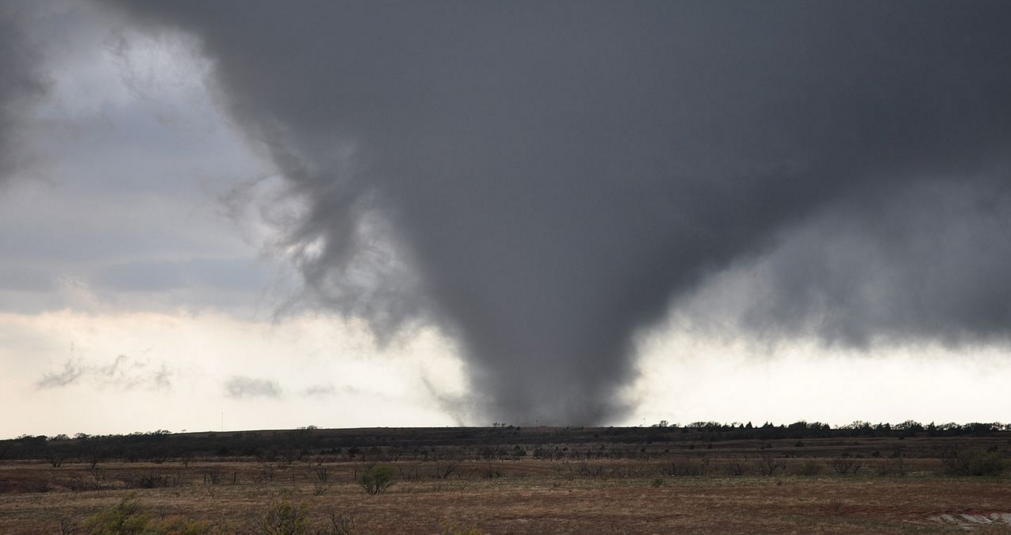 Parler
Parler Gab
Gab
- Massachusetts climate groups sent a letter to Governor Maura Healey and state officials urging immediate action to address rising utility costs, citing financial strain on residents but omitting the role of costly green energy projects in driving up prices.
- The state’s ambitious renewable energy initiatives (e.g., offshore wind farms) and its 2050 net-zero emissions goal have contributed to higher consumer costs, though activists blame utility profits and infrastructure spending.
- Rising bills stem from expensive gas system expansions ($160M in 2023) and pipeline replacements, with critics noting residents face high delivery fees even before gas usage.
- The letter calls for reduced infrastructure spending, ending gas line extensions, and curbing utility lobbying costs. Governor Healey has pledged short-term bill relief ($220M) and long-term savings ($6B over five years).
- Critics argue green policies are the root cause of price hikes, with national and European examples showing renewable transitions often lead to higher energy costs, forcing a trade-off between sustainability and affordability.
A history of expensive green initiatives
Massachusetts has a long history of supporting ambitious green energy projects, including offshore wind farms like Vineyard Wind and the now-defunct Cape Wind project. These initiatives, while well-intentioned, have come at a significant cost to consumers. The state aims to achieve net-zero greenhouse gas emissions by 2050, a goal that aligns with the Biden administration's $3 trillion climate agenda. "The sharp spikes in heating bills throughout the Commonwealth in January and February have been a financial shock and burden to customers," the letter begins. "This spike has caused real pain and has been seized upon by climate deniers and opponents of clean energy."The financial burden on consumers
The letter highlights several areas where utility costs have spiraled. In 2023 alone, Massachusetts gas customers were charged $160 million to connect additional buildings to the gas system, an average cost of nearly $10,000 per new customer. These infrastructure projects, while necessary, have significantly increased utility bills. "The Mass Save rate goes toward reducing our energy consumption and reliance on gas, the distribution rate is where the profits are for the utility companies," said Vick Mohanka, chapter director for Sierra Club Massachusetts. "It’s 100% on our bills and we’re paying more profits on this than other states."Calls for action
The letter outlines several steps to reduce energy costs, including:- Reducing infrastructure spending unless it is financially appropriate.
- Ending ratepayer-funded gas line extensions that benefit a limited number of customers.
- Reining in utility spending on lobbying, advertising and other non-essential expenses.
The governor's response
Governor Healey has recognized the need to address high energy costs. "Energy costs are too high in Massachusetts and Governor Healey is focused on bringing them down," a spokesperson for Healey’s office told Boston 25 News. "Governor Healey has already taken action to lower people’s bills by $220 million in March and April, and her plan would save nearly $6 billion for electric and gas customers over the next five years." However, critics argue that these measures are insufficient and that the state's aggressive green energy policies are the root cause of rising utility bills. The Institute for Energy Research estimates that achieving 100% clean energy by 2050, as advocated by the Sierra Club, would cost trillions of dollars and is both unrealistic and expensive.The broader context: Renewable energy and economic impact
The challenges faced by Massachusetts are not unique. Across the country, the transition to renewable energy is leading to higher costs for consumers. National Grid, a major energy supplier in the Northeast, plans to invest heavily in wind, solar and renewable natural gas, a move that will likely result in higher energy bills. "Residential customers’ energy bills increased 4.3% in 2021, the largest annual increase since 2008," noted Dan Kish, a senior fellow at the Institute for Energy Research. "You’re forcing more and more demand for electricity because the environmentalists want everything to be electric, yet the sources you’re allowing to be used to make the electricity are getting more expensive." In Europe, countries that have heavily invested in renewable energy are experiencing significant cost increases. Benny Peiser, the director of the U.K.-based Global Warming Policy Foundation, points to the surge in natural gas prices, which are about 10 times higher than in the U.S., due to the phase-out of coal and nuclear power. "Millions of British households are expected to see energy bills increase by $1,000 per year," Peiser said. "The situation has changed significantly for the worse."Conclusion
While the push for renewable energy is driven by noble environmental goals, the economic toll is evident. Massachusetts residents and policymakers must carefully consider the trade-offs between environmental ambitions and financial sustainability. As Governor Healey and her administration work to address these issues, the balance between green energy and affordable utility costs will be a key focus. The letter from climate activists is a clear call to action, but it also underscores the complex and challenging landscape of energy policy in the 21st century. As the state continues to navigate these issues, the well-being of its residents hangs in the balance. Sources include: YourNews.com DailyCaller.com DailyCaller.com Boston25News.comBy Finn Heartley // Share
New natural gas-powered AI data center unveiled in Pennsylvania
By Willow Tohi // Share
Tornado outbreak and flash floods gripping the Midwest: Days of devastation await
By Willow Tohi // Share
Governments continue to obscure COVID-19 vaccine data amid rising concerns over excess deaths
By patricklewis // Share
Tech giant Microsoft backs EXTINCTION with its support of carbon capture programs
By ramontomeydw // Share
Germany to resume arms exports to Israel despite repeated ceasefire violations
By isabelle // Share










